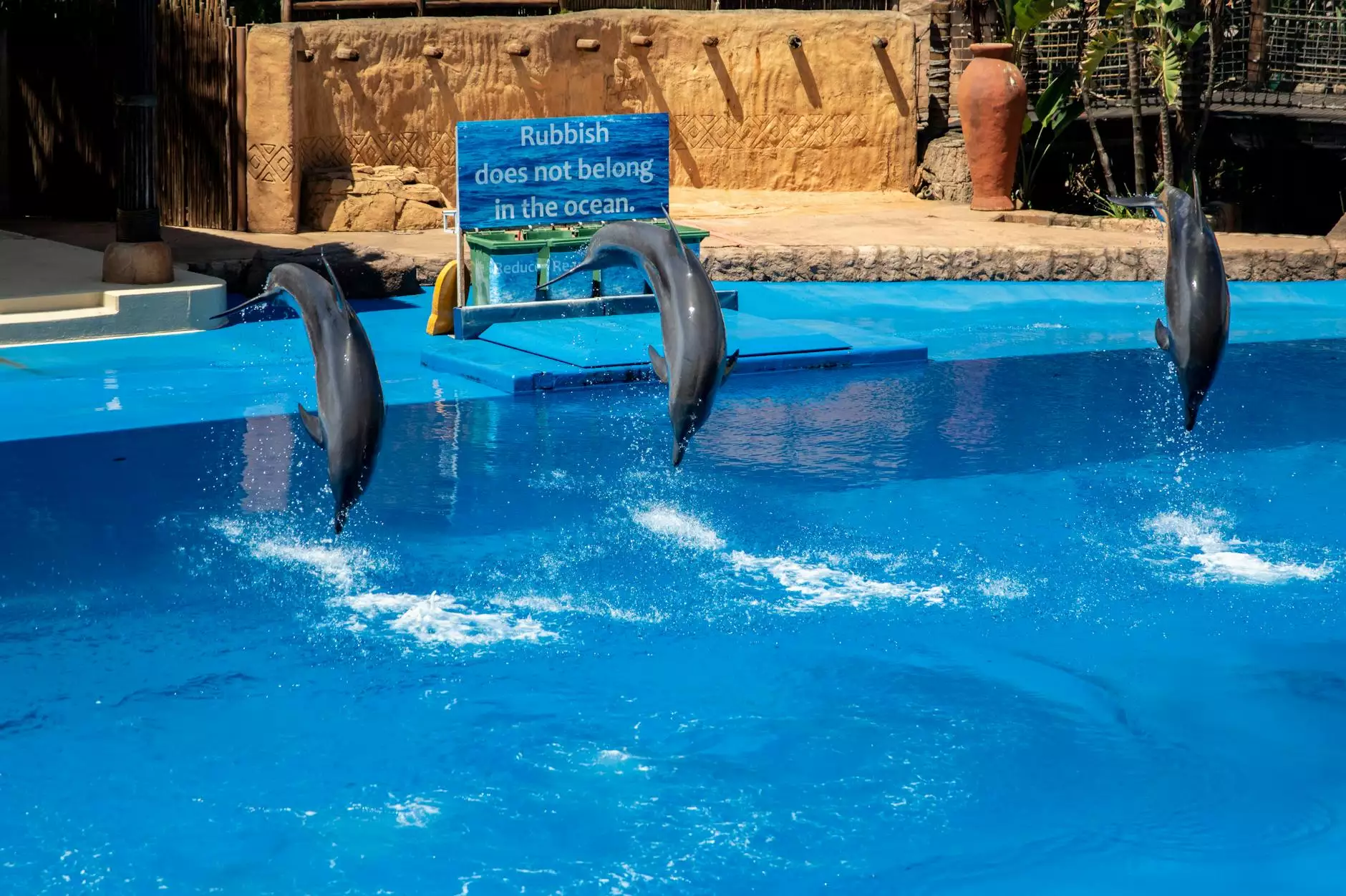Understanding the Stages of Frozen Shoulder: A Comprehensive Guide

Frozen shoulder, medically known as adhesive capsulitis, is a condition characterized by stiffness and pain in the shoulder joint. It often develops gradually and can significantly hinder daily activities. This article delves into the stages of frozen shoulder, exploring its symptoms, causes, treatment options, and recovery strategies. Our goal is to equip you with the knowledge necessary to understand and manage this condition effectively.
What is Frozen Shoulder?
Frozen shoulder occurs when the connective tissues surrounding the shoulder joint become inflamed and thickened, leading to limited mobility and persistent pain. It can affect anyone, but it is particularly common among individuals aged 40 to 60, and those with certain medical conditions.
Phases of Frozen Shoulder
The progression of frozen shoulder typically occurs in three distinct stages:
1. The Freezing Stage
During the freezing stage, individuals experience a gradual increase in shoulder pain. This pain can be particularly acute when attempting to move the arm. As the condition progresses, the range of motion begins to decrease, making everyday tasks increasingly difficult. The duration of this stage can last anywhere from six weeks to nine months.
Symptoms of the Freezing Stage
- Gradual onset of pain: The pain may start as minor discomfort but can become severe.
- Decreased range of motion: Difficulty in moving the arm, especially overhead activities.
- Night pain: Frequently exacerbated pain during the night affecting sleep quality.
2. The Frozen Stage
The frozen stage is marked by a plateau in symptoms, during which the pain may begin to subside, but stiffness remains prominent. Patients often report that while they may not experience as much pain, their shoulder's mobility is significantly limited. This stage can last anywhere from four to six months.
Symptoms of the Frozen Stage
- Significant stiffness: Range of motion is very limited, making it hard to reach behind the back or lift objects.
- Continuing discomfort: Though pain may lessen, stiffness remains a major issue.
- Difficulty with everyday activities: Tasks such as dressing, reaching for items, or participating in sports can become challenging.
3. The Thawing Stage
The thawing stage represents a period of recovery, where joint motion gradually begins to improve. Individuals in this stage often report significant improvements in their mobility and a decrease in discomfort. The thawing stage can take anywhere from six months to two years.
Symptoms of the Thawing Stage
- Improved range of motion: Greater ability to lift the arm and perform daily tasks.
- Decreased pain: A significant reduction in discomfort allows for more active movement.
- Restored ability to resume activities: Most people find they can return to their normal activities with time.
Causes of Frozen Shoulder
The exact causes of frozen shoulder are still not fully understood; however, several factors may contribute to its development:
- Previous shoulder injuries: Injuries that lead to immobility can increase the risk.
- Diabetes: Diabetic individuals are more likely to experience frozen shoulder.
- Age: The condition is most commonly found in individuals aged 40 to 60.
- Surgery or prolonged immobilization: Recovery from surgery or immobilization can lead to shoulder stiffness.
- Certain autoimmune conditions: Conditions that affect mobility may contribute.
Treatment Options for Frozen Shoulder
While frozen shoulder can be a debilitating condition, various treatment options exist to help manage symptoms and restore mobility.
1. Physical Therapy
Physical therapy is often the cornerstone of treatment for frozen shoulder. A qualified physical therapist can design a program tailored to the individual, focusing on:
- Gentle stretching exercises to improve range of motion.
- Strengthening exercises to enhance shoulder function.
- Manual therapy techniques to decrease pain and promote movement.
2. Medication
Over-the-counter medications such as nonsteroidal anti-inflammatory drugs (NSAIDs) can help manage pain and inflammation. In some cases, physicians may prescribe:
- Corticosteroids: Injections can reduce inflammation and alleviate pain.
- Oral medications: Certain pain management medications may be recommended.
3. Heat and Ice Therapy
Applying heat or ice packs to the shoulder can help relieve discomfort. Heat can promote circulation and relax the muscles, while ice can reduce inflammation and numb acute pain.
4. Advanced Treatments
If conservative treatments do not result in improvement, more advanced options may be considered:
- Hydrodilatation: A technique that involves injecting a sterile solution into the shoulder joint to expand and break down adhesions.
- Joint Distension: Involves injecting sterile water into the joint capsule to stretch it.
- Surgery: In rare cases, surgical intervention may be necessary to release the tightness in the shoulder capsule.
Recovery and Prevention
Recovering from frozen shoulder requires patience and commitment. While symptoms may improve after treatment, it's crucial to actively participate in rehabilitation and take measures to prevent recurrence:
1. Maintain Mobility
Engage in regular, gentle shoulder stretching exercises even after recovery. This helps maintain flexibility and strength.
2. Avoid Prolonged Immobilization
If recovering from an injury or surgery, follow your healthcare provider’s advice on gradually returning to normal activities.
3. Stay Active
Incorporate regular physical activity into your routine. Activities such as swimming, walking, or yoga can be beneficial.
Conclusion
Understanding the stages of frozen shoulder, along with the appropriate treatment options, can empower individuals to take control of their recovery. By seeking timely medical advice and adhering to a comprehensive rehabilitation program, patients can look forward to regaining their mobility and returning to their daily lives. Don't let frozen shoulder hold you back; take the first steps towards recovery today!
For more information and resources on frozen shoulder and related health topics, visit iaom-us.com.
frozen shoulder stages


